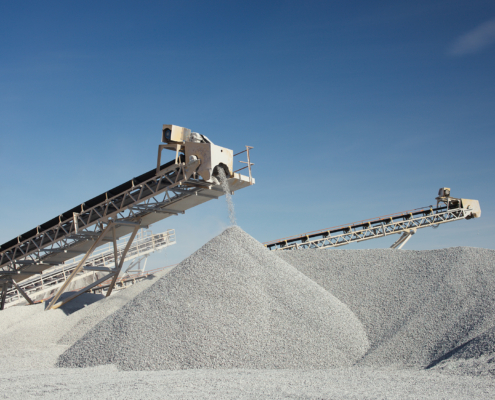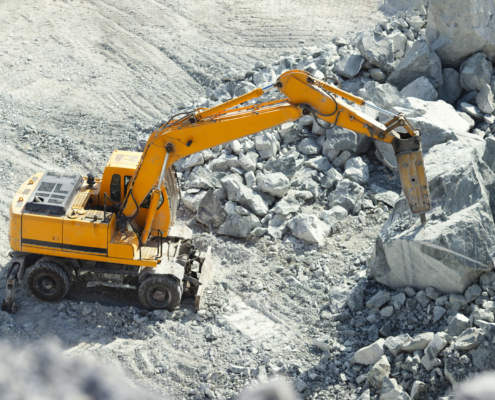 https://pontotocsandandstone.com/wp-content/uploads/2024/07/Rip-Rap-Erosion-Control-Managing-Erosion-and-Water-Flow-in-Landscapes-and-Construction-Sites.jpg
1250
2000
AbstraktMarketing
/wp-content/uploads/2021/08/Pontotoc-White-Logo.png
AbstraktMarketing2024-07-24 15:55:192026-01-18 16:17:01Rip Rap Erosion Control: Managing Erosion and Water Flow in Landscapes and Construction Sites
https://pontotocsandandstone.com/wp-content/uploads/2024/07/Rip-Rap-Erosion-Control-Managing-Erosion-and-Water-Flow-in-Landscapes-and-Construction-Sites.jpg
1250
2000
AbstraktMarketing
/wp-content/uploads/2021/08/Pontotoc-White-Logo.png
AbstraktMarketing2024-07-24 15:55:192026-01-18 16:17:01Rip Rap Erosion Control: Managing Erosion and Water Flow in Landscapes and Construction SitesCommon Industrial Limestone Uses
It may surprise you, but limestone is one of the most versatile raw materials. This carbonate rockis both an ideal building material and an important way to improve crop production. Keep reading to learn more about the many uses of limestone.
Why Is Limestone A Great Resource?
Limestone is a sedimentary rock composed primarily of calcium carbonate (CaCo3) that comes in various shapes, colors, and formations. Limestone deposits are extremely common throughout the United States, especially in the Midwest. This makes it an excellent resource for a variety of industries and applications.
Here are some key benefits of working with limestone:
- Durability: Limestone is an exceptionally long-lasting material. Its chemical composition makes it extremely strong and dense, allowing it to withstand abrasion, freezing, and thawing. The main walls and pillars of the Roman Colosseum, which has been standing for almost 2,000 years, are made of limestone.
- Lower Cost: Limestone is highly abundant compared to other raw materials. It’s also relatively easy to fabricate and install, making it a cost-effective choice for long-lasting construction.
- Sustainability: Because it’s non-toxic, limestone can be used in a variety of projects without causing harm to people or the environment. It’s also commonly found throughout the country so that you can cut down on emissions from transportation, too.
Limestone’s durability, cost effectiveness, and sustainability make it an ideal choice for a wide range of industries and projects. In fact, its versatility is its most significant advantage. Below, we’ll explore the many uses of limestone and how it’s applied in various industries.
Signs You Need Limestone for Your Next Project
- Decreased pH Levels: If your project involves processes where acidity needs to be neutralized, low pH levels may indicate a need for limestone.
- Corrosion Issues: Witnessing corrosion in equipment or infrastructure could suggest the presence of acidic elements, making limestone beneficial for its alkaline properties.
- Efficiency Concerns: Reduced efficiency in industrial processes, especially those involving water treatment, may indicate a lack of proper pH balance, prompting using limestone for stabilization.
- Environmental Compliance: Regulatory requirements often mandate pH control; incorporating limestone can help meet these standards and minimize environmental impact.
- Soil Stabilization: In construction or landscaping projects, unstable soil conditions may necessitate limestone for stabilization and improved load-bearing capacity.
- Odor Control: Limestone effectively controls odors arising from certain industrial activities, making it essential in projects where odor mitigation is crucial.
- Water Quality Improvement: In applications such as wastewater treatment, limestone can enhance water quality by neutralizing acidic components and precipitating impurities.
Pontotoc Sand and Stone provides limestone rock for every need, from small crushed rocks to large rip rap boulders.
Driveways, Paths, Patios
Limestone can be used to construct sturdy loose-fill driveways, paths, and patios. Its impressive durability makes it an excellent choice for creating long-lasting ground installations. Limestone chips prevent erosion and create durable pathways for foot traffic, vehicles, and heavy machinery. Limestone also comes in various colors so you can customize the look of your installation. Here are a few types of limestone at your disposal:
- Gray
- Beige
- Brown
- Red
- Green
- Blue
- Black
- Pink
- Yellow
- Orange
Road Bases
Roads need a strong, reliable base to endure the weight of traffic. Limestone’s durability and angular construction make it an ideal choice for creating a compact road base. Limestone is also more durable and cost-effective than other aggregates like sand or gravel. Because of its angular formation, it provides superior drainage, reducing moisture buildup and cracking in the long run.
Pipe Bedding
One of limestone’s greatest attributes is that it doesn’t expand or contract with temperature changes. This makes it an excellent choice for pipe bedding. Compared to other common forms of pipe bedding, like clay, limestone provides superior insulation, protection, and support. Pressurized pipes tend to move around slightly while in use, and limestone allows them to wiggle around without losing position or support.
Slab Underfill
Concrete slabs to lay flat require a layer of crushed stone to support them. Limestone is a great choice for slab underfill because of its superior strength and water-diverting capabilities. A layer of limestone underneath your concrete keeps it secure while also reducing the possibility of cracking from moisture buildup.
Railroad Ballasts
Similar to pipe bedding, limestone can be used in ballasts to secure and protect railroad ties. Its sharp, angular formation helps divert water away from the track while supporting the metal rails. Because it doesn’t expand or contract, limestone holds the ties in position in any kind of weather.
Forming Concrete
Concrete is composed of crushed aggregate, water, cement, and sand. Crushed limestone can be used as your concrete aggregate, ensuring the finished product is strong and durable. Moreover, you can create an eye-catching composite material because limestone comes in various colors.
Erosion Prevention
Waterways are always at risk of erosion. As water flows, it cuts through soil and rock, picking up sediment and depositing it elsewhere. Limestone can be used to prevent erosion and protect shorelines, streambeds, pilings, and bridges. Large chunks of limestone riprap can form a natural retaining wall that slows and diverts water flow away from vulnerable areas.
Flood Control
Similarly, limestone can be used to provide flood control in sensitive areas. A combination of small and medium-sized chips can be used to fill drainage ditches that funnel water away from certain areas. This not only slows and redirects the flow of water, but secures the soil and helps prevent erosion in that area.
Roof Coating
Pulverized limestone is used to protect roofing materials like asphalt shingles. It reflects heat and protects shingles from sun damage. Limestone also adds extra weight to the roofing material, protecting it from wind damage and dislodgement. Limestone can be used as a top coat for built-up roofs, where it also helps divert heat from the roof.
Source Your Next Load of Limestone With Pontotoc Sand & Stone
When you source your limestone with Pontotoc Sand and Stone, you receive the highest-quality product for your construction, roofing, or agricultural project. Whether you’re looking to prevent erosion or build a long-lasting road, we have various limestone products to ensure your project’s success. Limestone can be used in many projects, so contact us today to begin sourcing your material.
Share This Post
More Like This
 https://pontotocsandandstone.com/wp-content/uploads/2024/07/Rip-Rap-Erosion-Control-Managing-Erosion-and-Water-Flow-in-Landscapes-and-Construction-Sites.jpg
1250
2000
AbstraktMarketing
/wp-content/uploads/2021/08/Pontotoc-White-Logo.png
AbstraktMarketing2024-07-24 15:55:192026-01-18 16:17:01Rip Rap Erosion Control: Managing Erosion and Water Flow in Landscapes and Construction Sites
https://pontotocsandandstone.com/wp-content/uploads/2024/07/Rip-Rap-Erosion-Control-Managing-Erosion-and-Water-Flow-in-Landscapes-and-Construction-Sites.jpg
1250
2000
AbstraktMarketing
/wp-content/uploads/2021/08/Pontotoc-White-Logo.png
AbstraktMarketing2024-07-24 15:55:192026-01-18 16:17:01Rip Rap Erosion Control: Managing Erosion and Water Flow in Landscapes and Construction Sites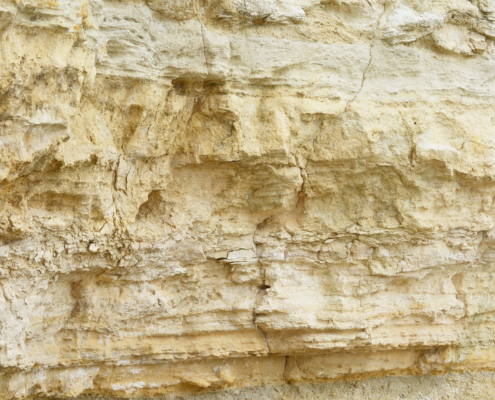
Exploring the Geology of Limestone Deposits: Formation, Characteristics, and Extraction
limestone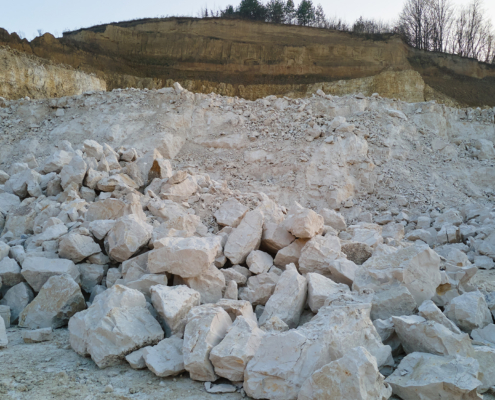
The Versatile Rock: Exploring Limestone Uses in Various Industries
limestone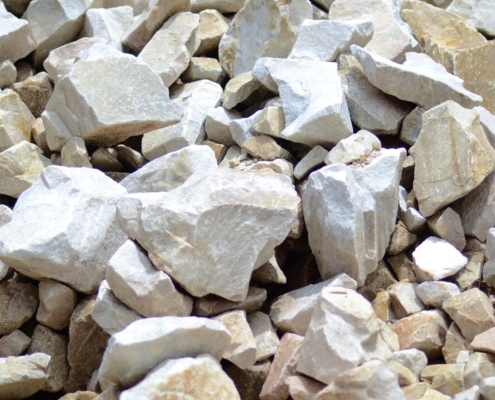
The Many Uses of Limestone
Crushed Limestone, limestone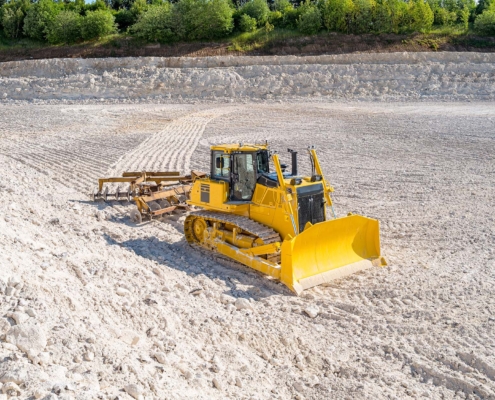
A Solid History of Limestone
limestone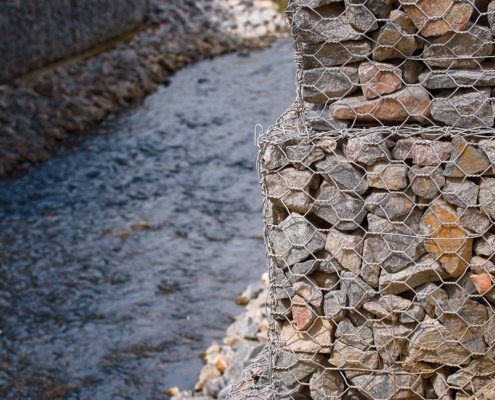
Rip Rap Retaining Wall Best Practices
limestone